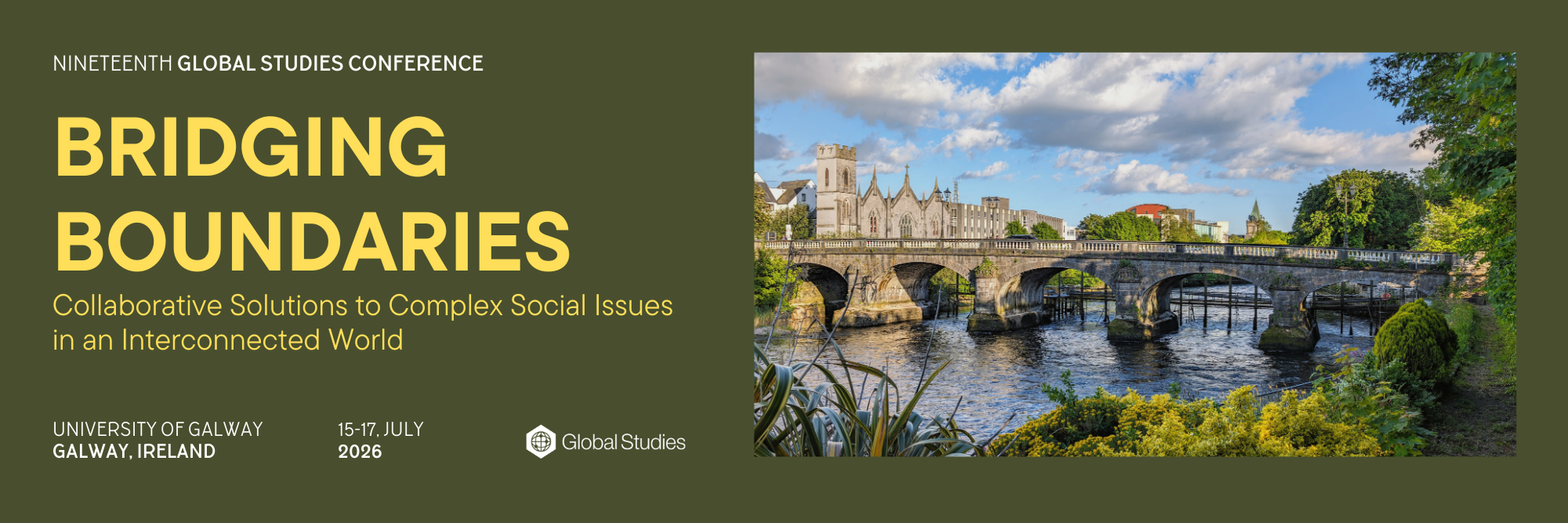Abstract
In an increasingly globalized Europe, racial violence and hate crimes have intensified, driven by rising far-right discourse, structural inequality, and social polarization. Traditional criminal justice responses, centred on punitive measures, often fail to address the symbolic and systemic dimensions of this harm. This paper explores the potential and limitations of restorative justice—particularly penal mediation—as a legal and ethical response to hate crimes rooted in racial and ethnic discrimination. Drawing on recent legislative developments in Spain and comparative experiences across Europe, it examines under what institutional and normative conditions restorative justice can contribute to recognition, reparation, and democratic inclusion. The analysis emphasizes the importance of embedding these practices in anti-discrimination law and culturally competent frameworks. By situating restorative justice within the broader context of globalization, migration, and structural racism, the paper argues for a transnational, rights-based approach capable of transforming how legal systems respond to identity-based violence in plural societies.
Presenters
Beatriz Souto GalvánSenior Lecturer of Law, Department of Historical-Legal Studies, University of Alicante, Alicante, Spain
Details
Presentation Type
Paper Presentation in a Themed Session
Theme
Vectors of Society and Culture
KEYWORDS
RESTORATIVE JUSTICE, PENAL MEDIATION, RACIAL DISCRIMINATION, HATE CRIMES

